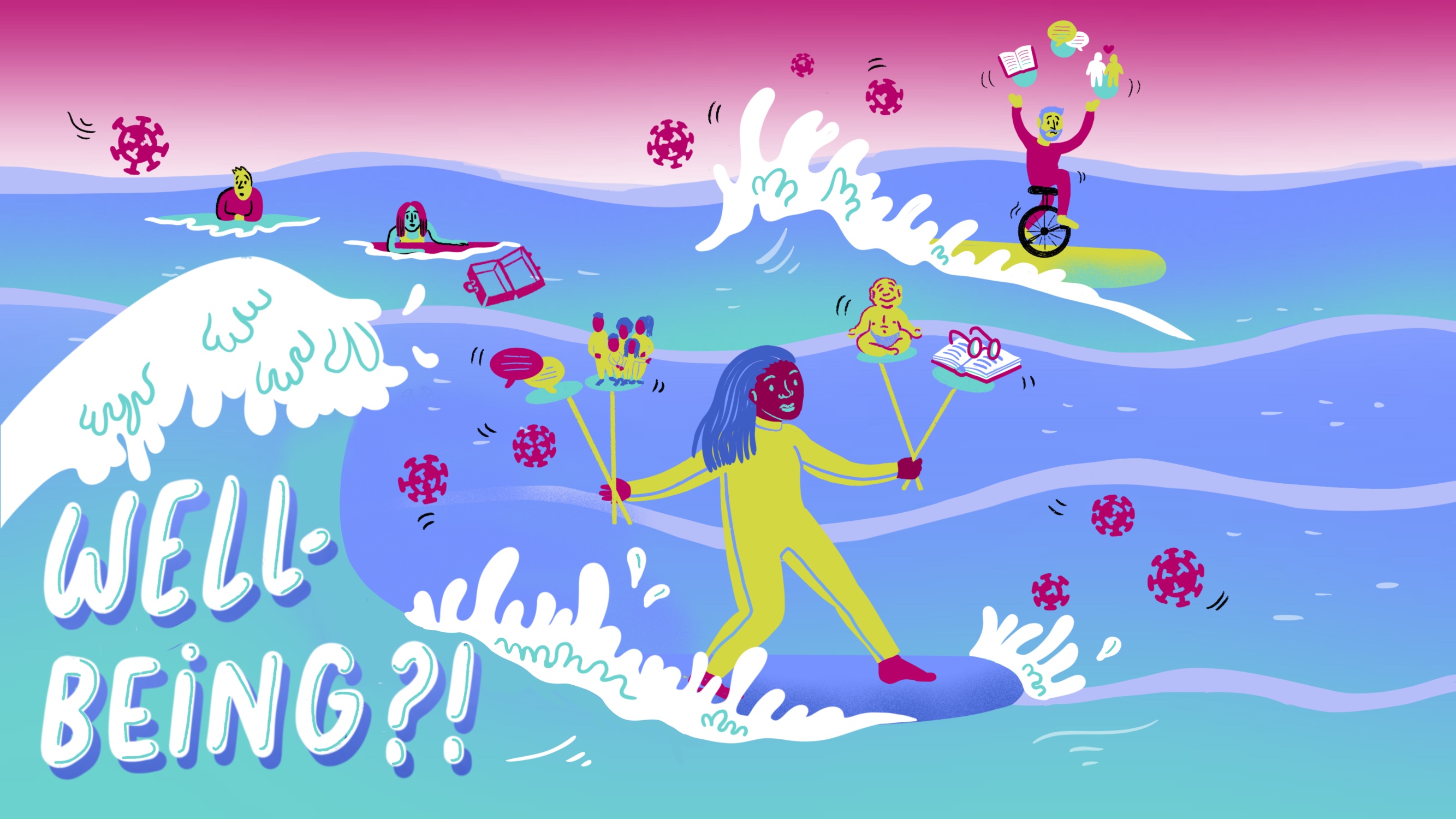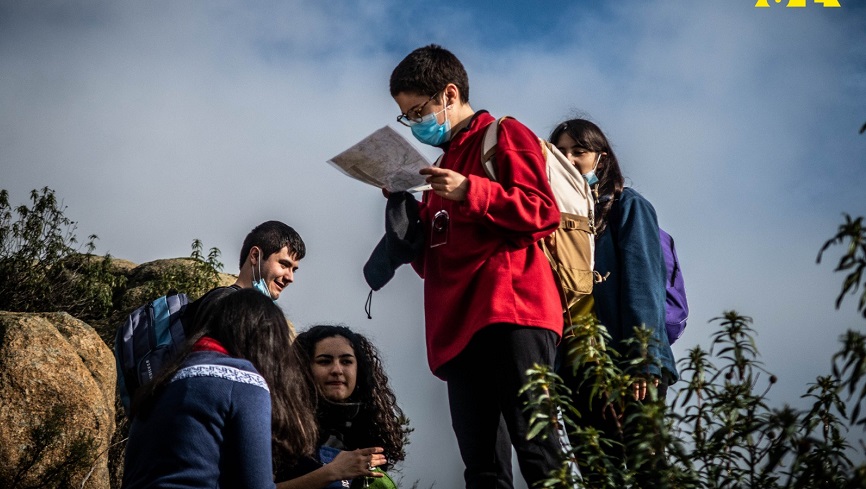The changing, demanding role of youth workers
by Javier Velasco Caballero and Carlos Sanz Del Castillo
10/12/2021
 Introduction: it is time to change
Introduction: it is time to change
Have you also felt that our reality changes so fast that it demands an extra effort just to adapt yourself to daily life? Undoubtedly, it is a feeling and a reality that affects all areas in life. It affects our personal life and, consequently, it also affects our profession, our work with youngsters.
We are Javier and Carlos, and we are youngsters that work with young people. We love to facilitate processes where youngsters can develop their best potential. Adventures in nature have helped us to discover values such as adaptability, empathy and teamwork. Those values are the ones that help us in life and that we would like to share through our programmes. Therefore, we strongly believe in the power of experiential learning in nature and adventures as an educational philosophy that drives social transformation and innovation.
We find ourselves in a world in constant change, a world that is facing an exceptional situation, which requires absolute adaptability. A world that is crying out for change. A change that requires community action to build a more resilient, empathetic and supportive world. This is where the youth worker plays a key part that requires adaptability to the different roles that have to be played. In this article we want to share different suggestions and ideas that have helped us day by day.
In order to do that, we want to highlight an integrative vision of the work we do. A vision that includes the youngster as active participant in the youth work equation. A vision that advocates “change with” and not “change for”. In our case, first we are young people willing to act. Secondly, we are young professionals who “work with youth”.
This allows us to understand and assimilate at first hand the situations that youth are living. And consequently, to shape different ways of managing those common experiences.
Moreover, if we want to change reality, we must be part of it, we must be part of the change we want. We have to do it with others. We have to do it with ourselves, with young people (Pedraza, Casadevante and Ramos 2021).
In this article we want to explore some strategies to adapt our youth workers to an ever-changing and more demanding reality and share some ways of putting these strategies into practice.
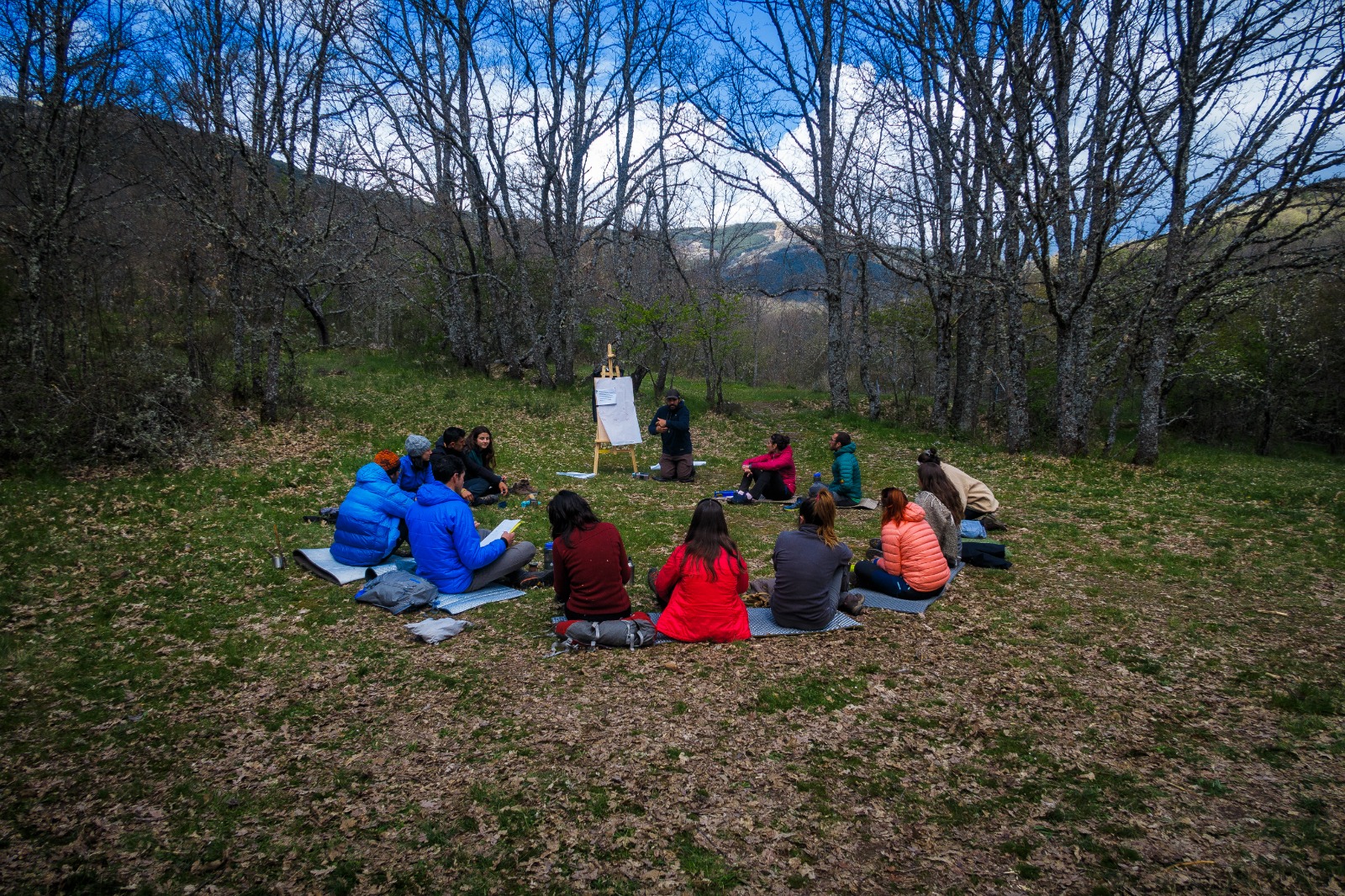
 Let’s adapt to reality
Let’s adapt to reality
Something that life has been able to teach us, especially in recent years, is that uncertainty and adaptability are the basis of our daily lives. While resilience has become the most heard word, our entire schedules need to be adapted having in mind several alternatives. And making plans more than a week ahead has become a game of chance.
In order to adapt to this ever-changing world we may start over and trace a path in which obstacles are only part of the way. In which our progress involves setbacks, ups and downs. And where fluidity, simplicity and creativity are our best allies.
As a young person and as a youth worker, we recommend that you go along with the following strategies in the educational processes you develop:
Keep it simple (KIS)
Always looking for super-complexity and maximum innovation takes us away from our real objective. The value of simplicity, such as a simple sunset or a good conversation, brings much more than hundreds of technologies and fancy events that keep us distracted. We need to connect and work on the personal bases, on our basic capabilities such as empathy, critical thinking or solidarity. It is these that in the end allow us to manage our real life.
Unleash the power of creativity
Our main tool for problem solving is creativity. Surround yourself with creative processes that allow you to unleash your imagination. For instance, you can try to implement a new technique or activity every day. Nothing will ever be as it was before, nor will it ever be as it is today. Let us embrace change and creativity as part of our work, where continuous change requires continuous creation and innovation. Have fun and enjoy practising the art of facilitation.
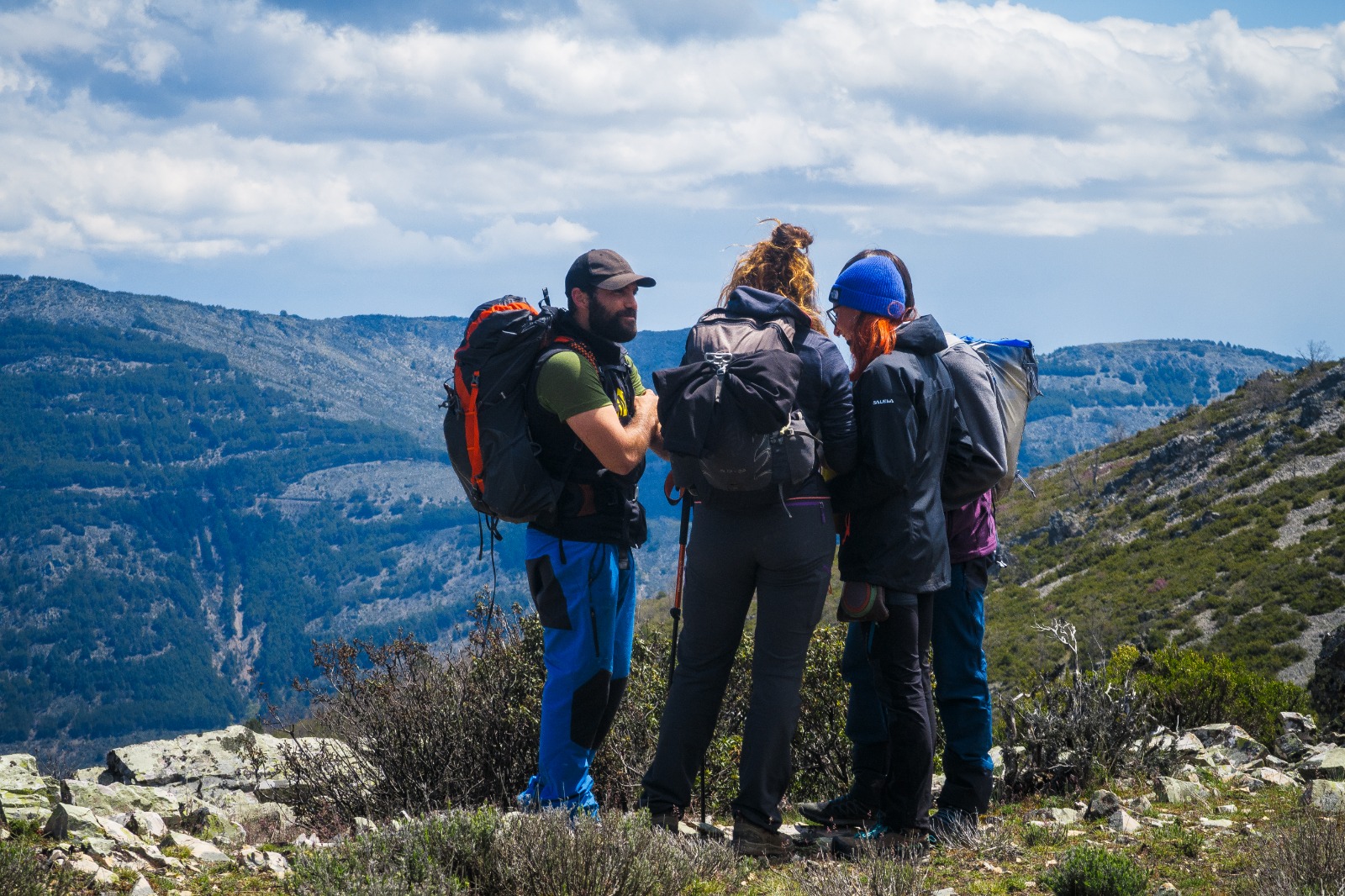
Humility allows us to understand that it is impossible to know everything, that we cannot handle every situation. And that working as a team is the best way to support our processes.
At a time in which everything develops at an incredible speed, everything becomes more complex. And the ability to meet and support the needs of the people we work with becomes more demanding if we do not have the support of a multidisciplinary and specialised team.
Be healthy. Be a model
When we climb a mountain, to have reached the summit is once the entire team reaches base camp.
In education, it is the same. We look for educational processes in which the whole group reaches its “base camp”. In which participants and youth workers obtain sustainable and long-lasting learning and development over time. And for this, health and awareness are required.
There are many of us youth workers who dedicate endless hours to supporting our participants, while forgetting to pay attention to our own health and self-care. So how are we going to promote the health of others if we are not able to ensure our own?
Remember that you are the biggest role model for the young people you work with. Be the first to live and enjoy yourself. Take care of yourself and respect yourself. And everything will follow.
 Some of our personal tips
Some of our personal tips
In order to put these strategies to work, we explore some practical tips that may be helpful:
Let nature be your ally
The restrictions caused by Covid-19 have generated an extraordinary need to go out and explore. Nature can become our co-faciliatator, our main topic, as well as our classroom, and it will always provide us with lots of learning opportunities in a real and simple way.
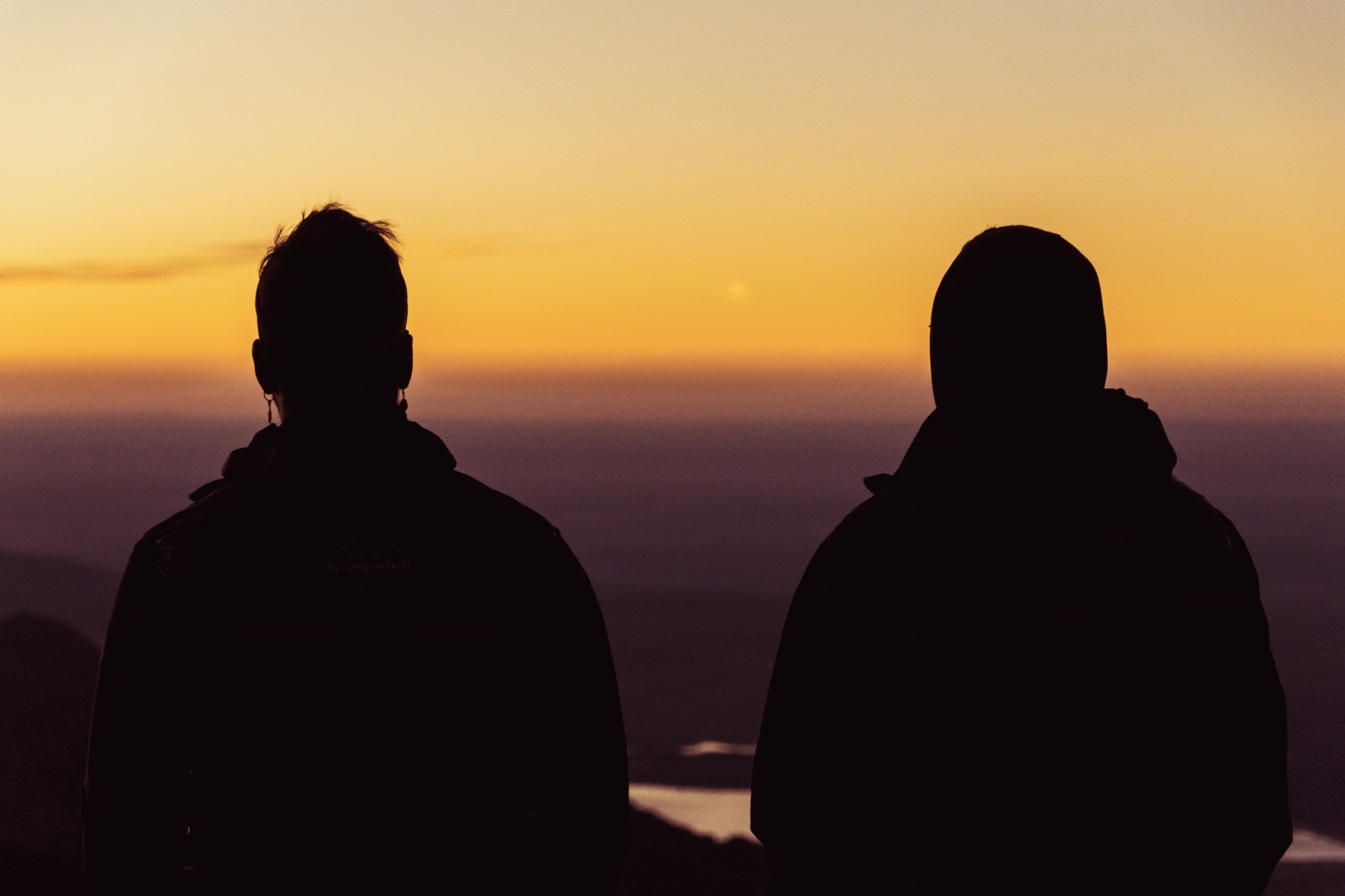
In our association we like to explore nature in our local environment. We try to promote a broad view of nature by discovering parks, plants, trees or just looking at the sky as ways of including nature in our educational practices.
If you want to know more about how to introduce nature as our main ally, check out Richard Louv’s (2016) book Vitamin N in which you will find more than a hundred ways of doing it.
The dreamer, the realist and the critic
This creative technique was developed by Walt Disney and lately was highly promoted by the NLP (neurolinguistic programming) expert Robert Dilts. This process bridges reality and imagination and helps to unlock our mind power to dream and form unexpected solutions to our problems. In order to implement the process we will follow three steps. The first step is for dreaming and imagination, the second for realism and planning and the last one for critics.
For example, we have used this process to establish our organisation’s objectives in different areas. This process allowed us to use the three phases to create objectives that integrated imagination and reality.
Involve your local community
In order to create a multidisciplinary team you already have a great opportunity, the young people you work with and their close environment (family, friends, etc.) Encourage contact and interaction so that you get a holistic, systemic view that allows you to address the needs your young people encounter.
Moreover, maintaining contact with specialists from different fields may be a great help. Even if they are not part of your work team, it is interesting to have the support of different professionals who can offer you support and advice on certain occasions.
Stay positive
Recently, there has been a huge development of positive psychology. Its practices could be of great help for youth workers, not only as a personal tool but also as a source to work with youth.
Three little things is a technique you can use to improve your happiness through gratefulness. In order to implement it, you have to think and write down three little things that happened that day for which you are grateful. The deeper you explore those three little things the richer the experience will be. We use this technique in our programmes and we share with our professional team often during the night meeting as a starter routine.
If you want to know more and discover different techniques and exercises, visit the website created by the experts of Berkeley University: https://greatergood.berkeley.edu/.
 The youth worker of the future
The youth worker of the future
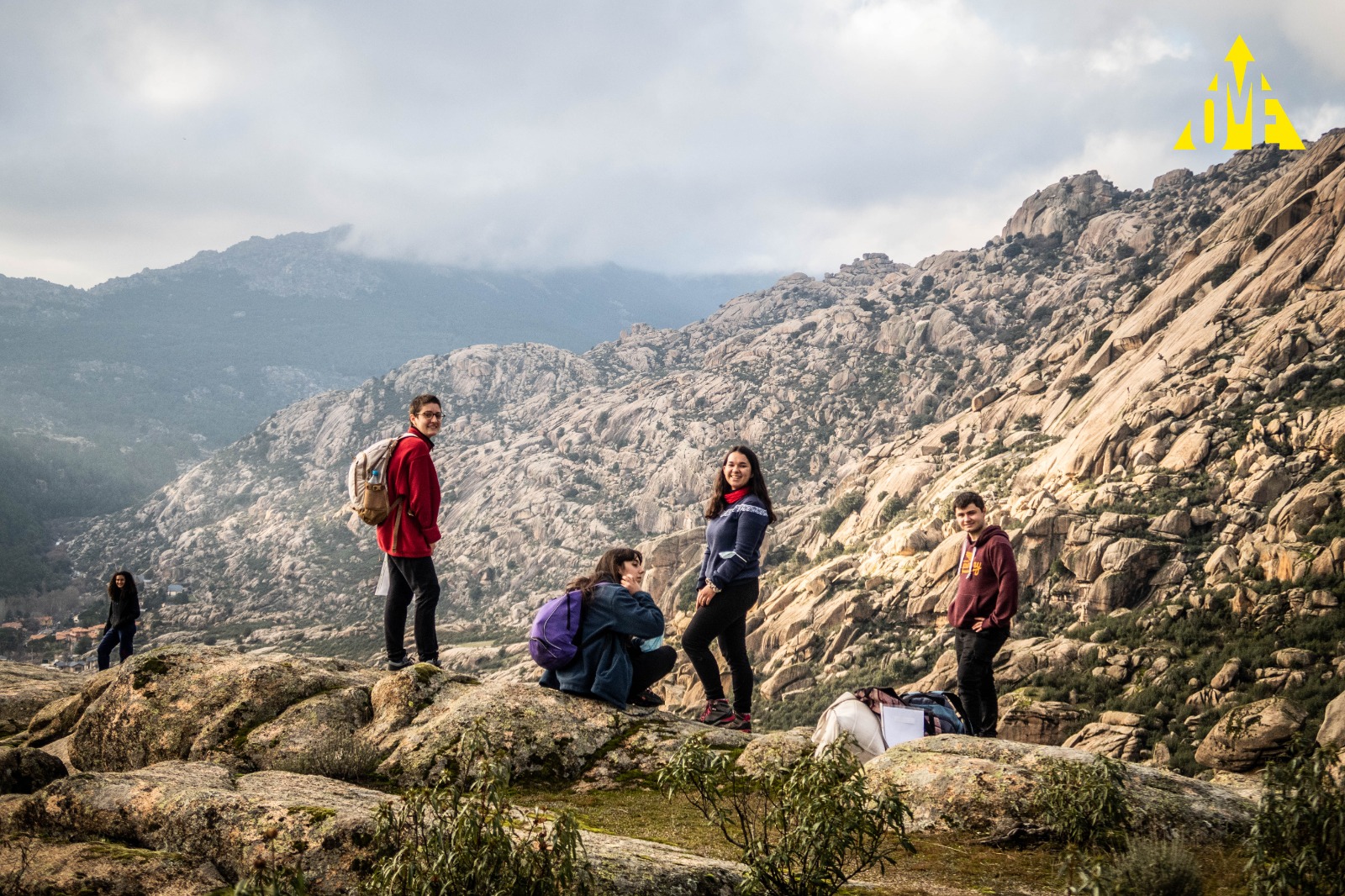
To sum up, there are different strategies that can be used to adapt our youth worker role to an ever-changing and more demanding reality. Work closely with the different perspectives that create your reality while keeping a learner’s open mind. Involve a multidisciplinary team so that you will generate a diverse learning ecosystem. Be mindful of your health and actively take care of your energy. All this will help to facilitate the change we want to be part of.
Live bravely and courageously, because that’s what defines you. Be adventurous and keep transforming your reality. Live and help the people around you to enjoy unique experiences. Be curious and never stop exploring.
 References
References
Louv R. (2016), Vitamin N: the essential guide to a nature-rich life, Algoquin Books, New York.
Pedraza G., Casadevante F. and Ramos F. (2021), Community facilitation for nonviolent ecosocial transitions: F-NET”, NOVACT, Barcelona.

